Every year, I put together a reading list of interesting books that have broadened my horizons, covering a range of genres from nonfiction to speculative fiction. This carefully chosen collection represents my varied interests and reminds me of how knowledge and creativity go hand in hand. I hope this diverse list catches your attention, offering you a literary adventure that mirrors the depth and breadth of my own experiences and interests.

The Master and His Emissary – Ian McGilchrist
The popular media is replete with books and articles about right- versus left-brained persons and behaviors. This book was written to share the truth about hemispheric laterality – the differences between the two sides of the brain and the ways of being expressed in their functions. As the author notes in the preface to the 2019 edition, “It is not what each hemisphere does, but how it does it that matters. Each hemisphere is involved in everything, true enough; just in a quite different way.” [Emphasis in the original.] Professor McGilchrist is a psychiatrist and literary scholar, and both roles shine quite clearly in this book. There are two parts to the text. The first covers the science behind the brain’s asymmetry. It’s a fascinating dive into the anatomy, neurology, and neuropsychological evidence for how the two hemispheres work together and separately. The second part looks at the history and philosophy of the Western world, connecting these trends to swings in the balance of the two ways of being. The end challenges the reader to consider how Western culture has over-emphasized the left hemisphere approach, fostering much of the environmental and cultural damage that threatens our planet. Early on it reminded me of Douglas Hofstadter’s “Godel, Escher, Bach: an Eternal Golden Braid.” The Master and His Emissary is an in-depth look at a complex subject, and the author notes he found the response to the first edition surprising. My Phi Beta Kappa colleagues should take note – this should be on your reading list!

Product Launch – Nikolas F. Kerr and Tony Recupero
This next book is extremely valuable for the medical device entrepreneur, because you should start your planning with an understanding of your endpoint, which is your Product’s Launch. Subtitled “Practical Guide to Launching Medical Device Products,” this little book (80 pages) is a tactical review of how to engage your target market (physicians and their medical practices or hospital systems) to demonstrate the compelling clinical benefits of your device. Everything from recruiting your physician Key Opinion Leaders, positioning your product, creating the launch plan and materials, energizing your sales team and building their capabilities, and sustaining launch momentum is covered in eight steps. You will likely hire senior marketing and revenue team members who will lead this work, but a CEO should understand what the company needs to do to succeed. It was recommended to me by med device sales expert Jason Elmore and it does not disappoint. The biggest problem with this book is its price ($373.98 on Amazon.com!) I checked it out via Interlibrary Loan, which is a great option. I’ll call on Nikolas Kerr and Tony Recupero to come out with an E-book version to support the startup ecosystem.
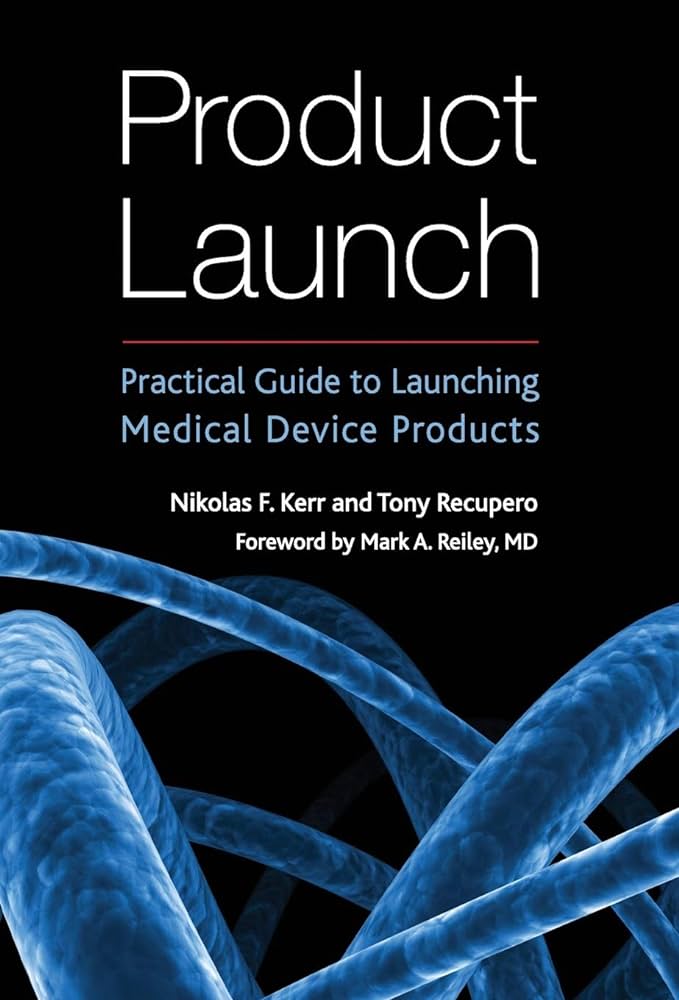
The Right It – Alberto Savoia
Entrepreneurs are a passionate bunch of people with ambitious goals. One thing I’ve noticed as a consultant and mentor is they often fall in love with their idea before testing whether it fits a true (rather than hypothesized) market need. When you ask them about their market validation data, their information is often anecdotal, sometimes qualitative, and rarely quantitative. I believe this is primarily due to not knowing how to get started. Fortunately, Alberto Savoia has given us a simple process in his book “The Right It.” After explaining why most ideas fail (even in the hands of experienced entrepreneurs), he shares a framework that he and his students have used successfully to identify market interest and adapt an idea to improve its attractiveness. Speed is a key part of the process, and the steps require low investments in time and expertise (especially when compared to the time you will take to convert your idea into an actual product). Get a copy from your local library and make sure your idea has real potential first!
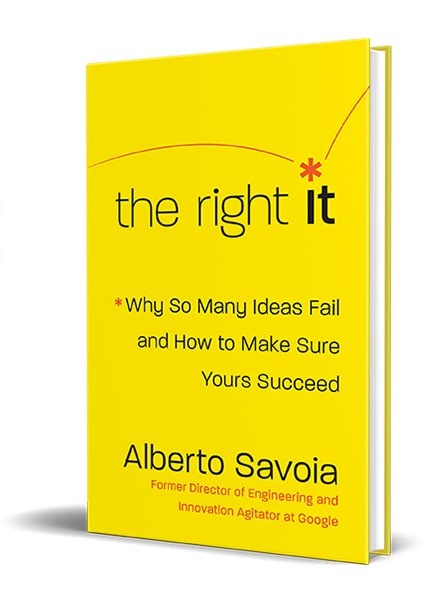
I Will Teach You To Be Rich – Ramit Sethi
Before you start a business, it’s worth your time to get your personal finances in order. Your better credit score, emergency savings, and retirement savings are evidence that you can handle a business’ finances. They will also be a backstop if, as is often the case, your first attempt doesn’t work out. This book is a lively approach to achieving financial stability through a six-week program. Mr. Sethi also points out that a rich life is about more than just money. I use many of these tools myself (and have picked up a few new ideas from the author). Regardless of your age or current economic status, this advice can change your life. It’s another book that should be on every public library’s circulation list.

The Song of the Cell: an Exploration of Medicine and the New Human – Siddhartha Mukherjee
Once again, Dr. Mukherjee assembles a lovely story about the science of cell biology in medicine and its historical development. It’s an accessible picture of modern medicine, punctuated with his personal experience as a doctor and a family member and written in clear language with clarifying footnotes. He also thoughtfully shares the multiple ethical concerns with using cellular therapy technologies. The Gene has been on my reading wishlist since 2019. However, when I spotted The Song of the Cell in my library’s new books list, I was compelled to start reading right away. Don’t miss this book if you work in cell biology or drug development. It will remind you gently why you (and I, and all of us) work to understand diseases better and bring new treatment options to life. Dr. Mukherjee promises us an updated edition of The Emperor of All Maladies in the text, and I’m in when it comes out.
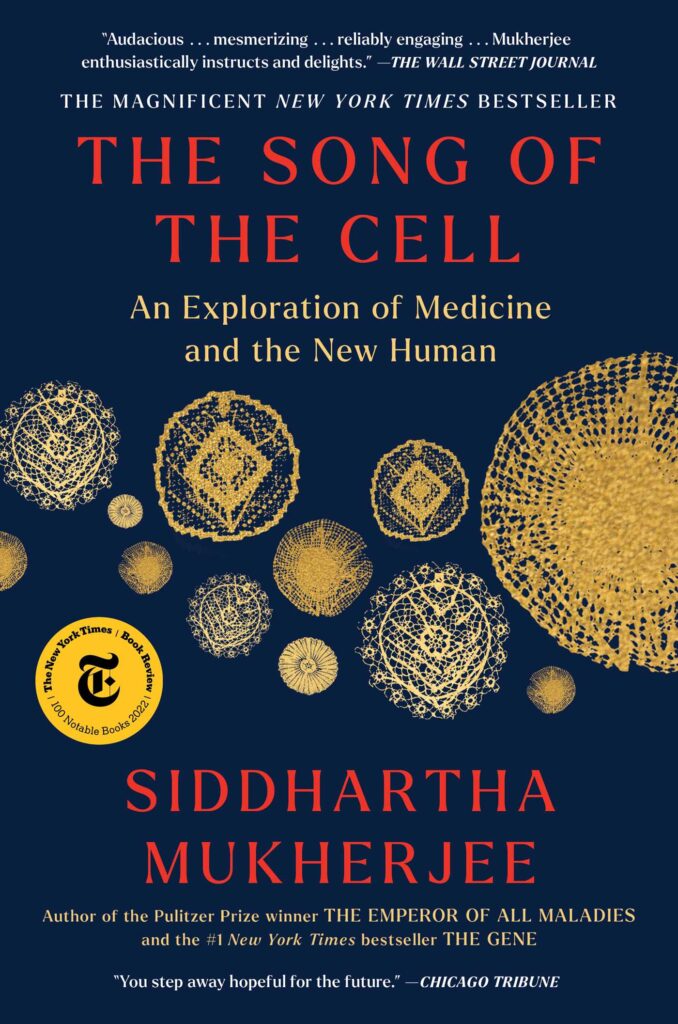
I Am A Strange Loop – Douglas R. Hofstadter
I was profoundly affected by Professor Hofstadter’s “Godel, Escher, Bach” in 1989 (referred to above). I had been reading about the science of mind for a few years, but GEB was my first intron to self-referential systems. He’s the Distinguished Professor of Cognitive Science and Comparative Literature at Indiana University in Bloomington and the Director of the University’s Center for Research on Concepts and Cognition. This gives you a clue to the subject of I Am A Strange Loop, which is “what is an ‘I.’” Professor Hofstadter thoughtfully and carefully takes the reader through a discussion of the self-referentialist theories of “souls, selves, and consciousness.” Like Dr. Mukherjee, he illustrates his comments with personal stories and lovely self-referential images. I find his extensive use of metaphor and analogy amusing, particularly as it prompts me to recall earlier passages in the book (an unsurprising self-reference). It’s the perfect follow-on to GEB. If you haven’t read the former, I recommend them as a back-to-back intellectual adventure. This is also another book for the Phi Beta Kappa reader. I’d like to participate in a conversation between Professors Hofstadter and McGilchrist – I’m already thinking about the questions I would ask them.
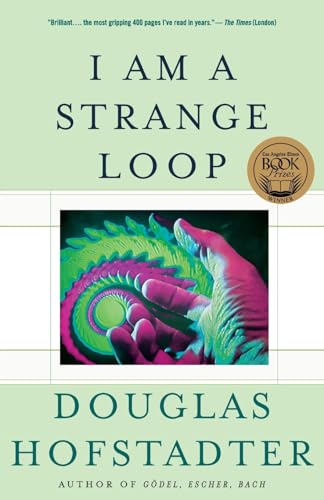
Worthless, Impossible, Stupid – Daniel Isenberg with Karen Dillon
Serial entrepreneur and investor Daniel Isenberg to “catalyze entrepreneurial inspiration” and “clarify murky concepts of entrepreneurship.” I agree with the latter – the term is used for everything from starting a brick-and-mortar business to spinning ideas without reduction to practice. Professor Isenberg defines entrepreneurism as the “perception, creation, and capture of extraordinary value” and shares multiple case studies to illustrate his points. He breaks down the three myths of entrepreneurs (they must be innovators, experts, and young) and explains the roles of contrarian perspective and adversity in that value journey. The book offers a valuable perspective for discussion groups and a thoughtful exploration of the path for those contemplating the journey.

Last Call At the Hotel Imperial – Deborah Cohen
I read history to be better informed about the root causes of current situations and events and explore how others handled complex situations. A winner of the Phi Beta Kappa Ralph Waldo Emerson award, given “for scholarly studies that contribute significantly to interpretations of the intellectual and cultural condition of humanity,” this is an intriguing glimpse into the lives of five reporters whose stories and books drove U.S. public understanding of the global political climate before, during, and after World War II. Historical events punctuate the narrative, which focuses on their all-to-human struggles. Like Doris Kearns Goodwin’s “Team of Rivals,” Last Call reminds us that history is the outcome of individual actions, which may have significance only in retrospect.
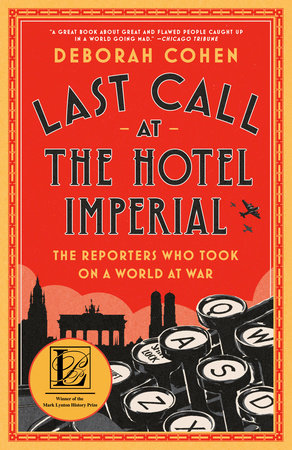
A Memory Called Empire – Arkady Martine
I don’t spend all my reading time on books about leadership or talent/product/ecosystem development. Speculative fiction can help us imagine a future world we want to live in and some paths we could take to get there. I find browsing the lists for the top book awards a great way to find excellent fiction. The Hugo Awards are presented annually in a variety of categories, and Arkady Martine won the Best Novel in 2022 for A Memory Called Empire. The book is considered a space opera, a subgenre of science fiction that “features technological and social advancements (or lack thereof) in faster-than-light travel, futuristic weapons, and sophisticated technology, on a backdrop of galactic empires and interstellar wars with fictional aliens, often in fictional galaxies.” [1] If the authors Isaac Asimov, Orson Scott Card, or David Brin come to mind, you know the category. This version presents a unique spin on a community of minds, and one of the main character’s best quotes is “Poetry is for the desperate, and for people who have grown old enough for something to say.” The sequel, A Desolation Called Peace, is just as compelling.
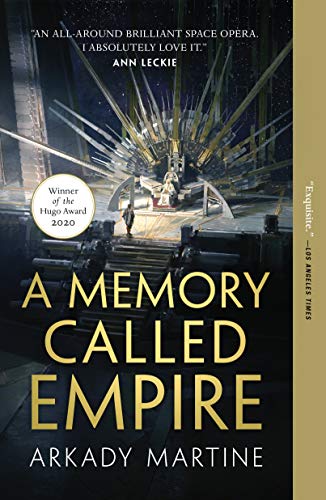
By the way, I like to visit Auntie’s Bookstore in Spokane when looking for a physical book. Check out my blog later this month for an article on how I find the books I read. [1] Wikipedia, “Space Opera,” accessed March 3, 2023. https://en.wikipedia.org/wiki/Space_opera
Do you want to read more articles by Katrina? Subscribe to her Newsletter “Thinking Kat“.
